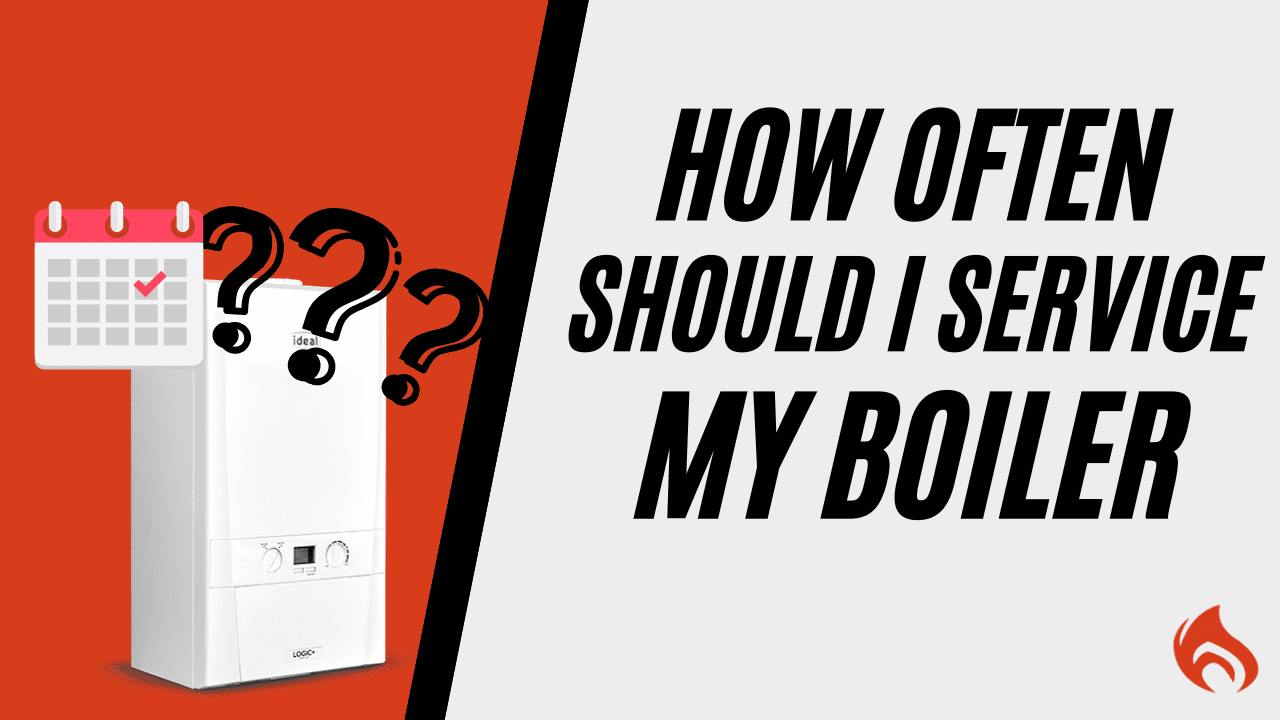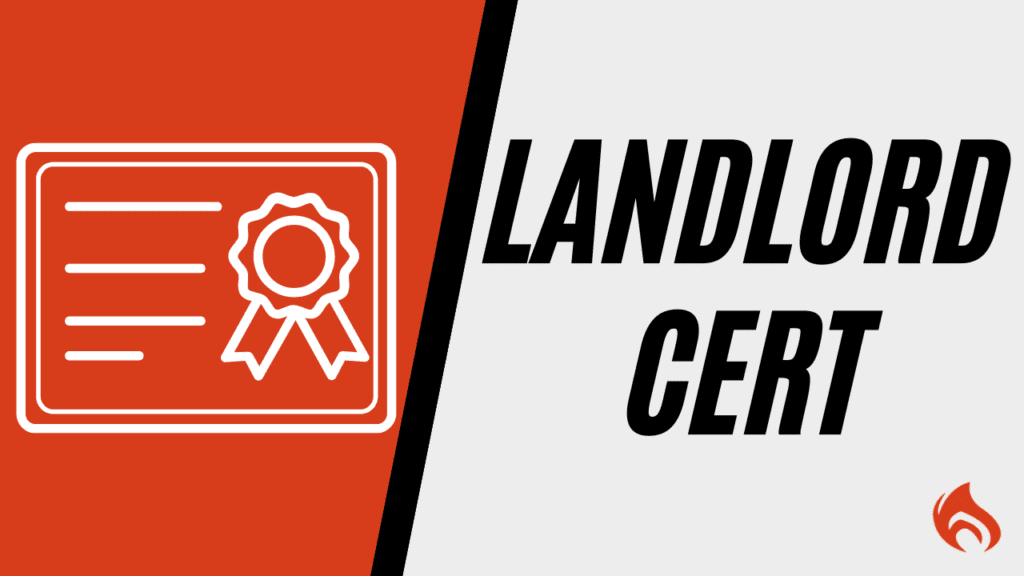
How Often Should I Service My Boiler?
How Often Should I Service My Boiler? Table of Contents Picture this: it’s the middle of winter, your home is

As a landlord, you’ve probably heard the term “Landlord Gas Certificate” thrown around, but what exactly is it? More importantly, why should it be on your priority list? In this blog, we’ll break down everything you need to know about Landlord Gas Safety Certificates, including what they are, why they matter, and how to get one without breaking a sweat.
A Landlord Gas Certificate, also commonly known as a CP12, is a legal document that proves all gas appliances, fittings, and gas pipe installations in a property rented out to tenants have been thoroughly inspected and deemed safe by a qualified Gas Safe registered engineer.
This certificate covers all gas appliances such as boilers, cookers, and gas fires, along with associated pipework and flues. It confirms that these appliances are operating safely and efficiently, reducing the risk of hazardous issues like gas leaks or carbon monoxide poisoning.
The CP12 ensures compliance with the Gas Safety (Installation and Use) Regulations 1998, which mandate that landlords must safeguard their tenants from potential gas-related dangers. This isn’t just a legal box to tick, it’s about creating a safe living environment for your tenants.
Because safety first! Gas leaks, carbon monoxide poisoning, and faulty appliances can pose serious risks, not only to your tenants but also to the property itself. Carbon monoxide is especially dangerous due to its odourless and colourless nature, often referred to as the “silent killer.”
The Gas Safety (Installation and Use) Regulations 1998 require landlords to ensure that all gas equipment is safe for tenants. Non-compliance can lead to severe consequences, including hefty fines, invalidated insurance, and even criminal charges in extreme cases.
By securing a Landlord Gas Certificate, you’re not only protecting your tenants but also safeguarding yourself legally and financially.
UK law mandates that landlords must:
Failing to comply can lead to hefty fines or even imprisonment. Not worth the risk!
A certified Gas Safe registered engineer will carry out a comprehensive inspection to ensure that all gas appliances and installations in your property are safe and fully functional. Here’s what’s included in the check:
Think of it as a health check-up—but for your boiler and gas appliances. A thorough gas safety check not only ensures legal compliance but also offers peace of mind that your property is safe for tenants.

Neglecting gas safety can lead to serious legal, financial, and reputational consequences. Taking proactive steps ensures you’re not only following the law but also fostering a positive landlord-tenant relationship.
Getting a Landlord Gas Certificate is a straightforward process, but it’s important to follow the proper steps to ensure compliance and safety:
Pro Tip: Bundle your gas safety check with a boiler service. Many engineers offer combined packages, which can save time and money while ensuring your heating system stays in top condition.
Prices can vary based on location and the number of appliances but expect to pay between £60 and £180. Some companies offer bundled packages, including boiler servicing, which can be more cost-effective.
Ignoring Minor Issues: Small problems can become major (and expensive) if left unchecked.
If the property has a live gas supply, yes. Even if there are no appliances, the pipework needs checking.
Tenants have the right to quiet enjoyment, but safety comes first. Document attempts and communicate clearly to avoid legal issues.
Typically between 30-60 minutes, depending on the number of appliances.
If your property fails the gas safety check, the engineer will document the issues in the Gas Safety Record and may classify some appliances as “Immediately Dangerous” or “At Risk.” In such cases, these appliances will need to be turned off and repaired or replaced before the property can pass the inspection.
Getting a Landlord Gas Certificate isn’t just about ticking a legal box—it’s about ensuring the safety and well-being of your tenants. Plus, being proactive can save you time, money, and potential legal headaches down the line.
So, if your certificate is due (or overdue!), don’t wait. Schedule your gas safety check today and keep your property in tip-top shape.
Need a Gas Safe Registered Engineer? We’ve got you covered! Contact us today to schedule your gas safety inspection and ensure your property stays compliant and safe.
Disclaimer: This blog is intended for informational purposes only and should not be considered legal advice. Always consult with a qualified professional for specific guidance.

How Often Should I Service My Boiler? Table of Contents Picture this: it’s the middle of winter, your home is

Combi Boiler vs Conventional Boiler: What’s the Difference? Table of Contents Choosing the right boiler for your home isn’t just